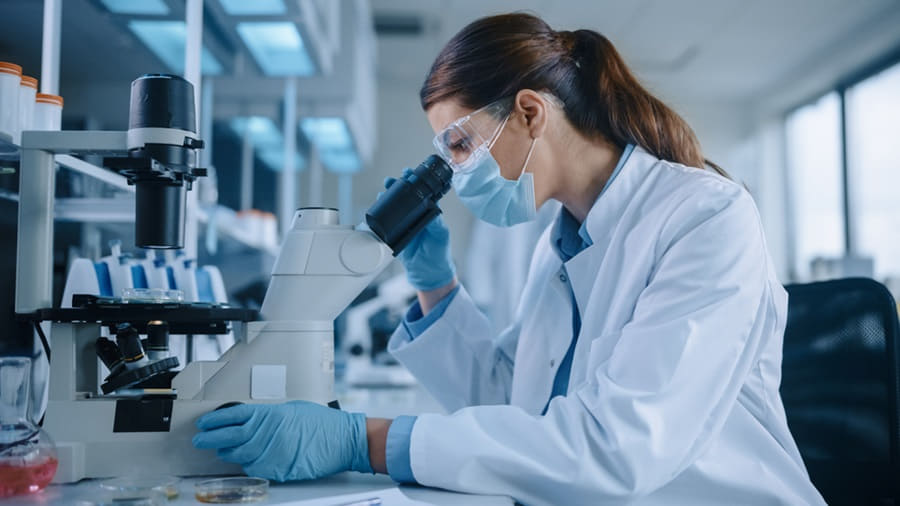You might have heard the term, Biotechnology, in the media lately or observed its growing appearance in health and wellness products that you can find in your grocery store. Have you taken the time to think about the urgent concerns regarding its practices as well as ethical concerns? As attractive as the benefits that biotechnology could bring are, the promises raise ethical issues and concerns that require our attentiveness.
Biotechnology encompasses a wide range of including DNA testing and the development of personalized medicine and genetically modified crops. While these developments promise substantial benefits, they are also a source of ethical dilemmas which cannot be ignored. With high capabilities comes a lot of responsibility. Where do we determine the appropriate line with regard to Biotech Laboratories practices? In addition, how do ensure security, accountability and morality of this fast-changing field?
This article will dig into the underlying issues of these urgent issues. Through a thorough exploration of the various ethical issues surrounding Biotech Laboratories Practices. This article sets the basis for a discussion which will help to facilitate an equitable, responsible and ethical developments in this area. Join us to discover the factors that make Biotech Laboratories Practices more than simply a fascinating field of study and an issue that merits a thorough examination from an ethical perspective.
Understanding Biotech and Its Ethical Implications
Biotechnology, at its core involves manipulating living creatures in order to create useful products. However, it is important to think about the consequences. Although the expected results promise improvement and progress but there are serious ethical issues that are bound to come with it. Questions like the possibility for misuse of genes, the impacts on biodiversity and the environment biosafety, third-world exploitation are a few of the more common issues that must be addressed.
The Controversy Surrounding Genetic Modification
Genetic modification refers to a method commonly employed in biotechnology to produce Genetically altered organisms (GMOs). While the benefits of pest-resistant crops, for instance and longer shelf-life seem appealing, it is important to take into consideration the possibility of disturbance on the food supply chain the potential damage to non-target organisms or the risks associated with exclusive seeds.
Bio-Piracy and Third World Exploitation
Biotech companies often come under fire for exploitation of their genetic assets in less developed countries, yet not recognizing them or distribute benefits. This practice, also known as bio-piracy, is an ethical problem which needs to be rectified, and highlights the disparity in distribution of genetic benefits.
Bio-Safety and Environmental Impact
Biotech-related innovations are a huge benefit to both agricultural and medical sectors, the success stories frequently obscure the dangers that could be present for the biosafety of the environment and for general bio-safety. The evaluation of the long-term viability of genetically modified crops as well as the potential cross-contamination between non-GMO crops is essential.
Cloning violates ethical boundaries by cloning
Cloning, another important area of biotech, has been among the controversial. While it can facilitate advances in organ transplantation and the preservation of endangered species however, it raises serious questions regarding human dignity as well as individuality and the possibility of misuse of clones.
Imbalance in Access to Biotech Advancements
We must also be aware of the gaps regarding access to the benefits of biotech. It is crucial to ensure that advances in biotechnology are accessible to everyone and not just for those with wealth, thereby creating a gap in the health and well-being of our society.
Conclusion:
Biotech Laboratories Practices, with the promise of creating new industries and influencing humankind’s future are certainly fascinating and could be beneficial. But, like all major advances in understanding and technology they also have the potential to cause harm, misuse or unjust sharing of the benefits. While we traverse the intriguing world of biotechnology, ethical issues mentioned above have be at the forefront of our discussions and decisions. The promise of a ‘biotechnology-aided’ future is incredibly alluring, but it must be ethically sound, balanced, and sustainable. Understanding is the basis of ethical concerns when it comes to Biotech Laboratories Practices.





